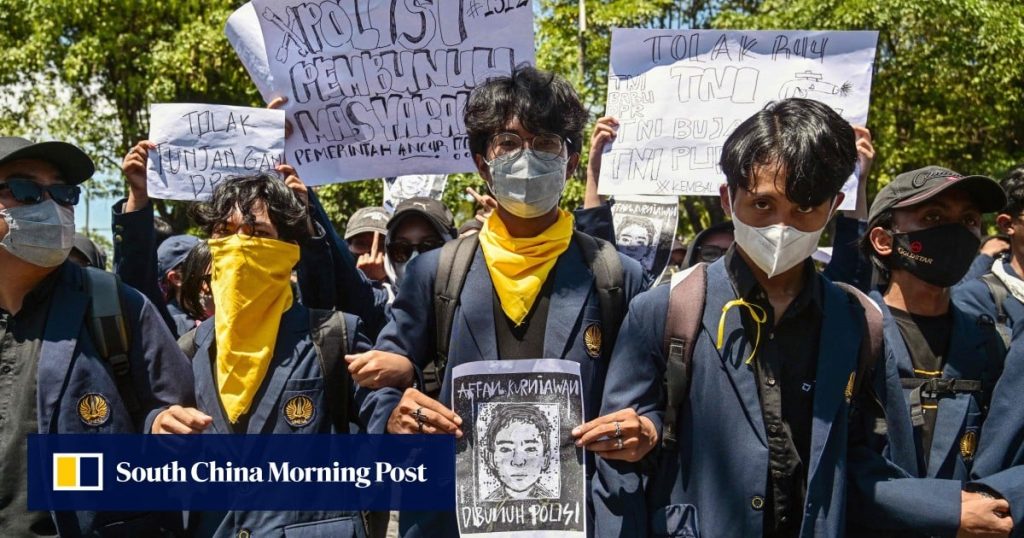Although the ban was quickly lifted, digital rights advocates said the government’s handling of the episode – including its opaque data demands and threats of regulatory sanctions – highlighted a “problematic” legal framework that grants sweeping powers to oversight agencies without adequate checks, particularly during moments of political unrest.
TikTok regained its operating licence on October 4, a day after it was suspended by the Communications and Digital Ministry for “non-compliance in fulfilling its obligations in accordance with statutory regulations”.
The social media platform fulfilled the ministry’s request for data related to “live traffic escalation and monetisation activity during the period August 25–30, 2025, through a letter sent on October 3”, Alexander Sabar, director general of digital space supervision at the ministry, said in a statement last week.
Last month, TikTok only gave partial data to the ministry due to its “internal policies and procedures that govern how it handles and responds to data requests”, the company said in a letter to the ministry on September 23.
During the period in August, mass protests were held in multiple cities across Indonesia, sparked by excessive allowances allocated to lawmakers despite an economic slowdown, which snowballed when a motorcycle taxi driver was run over by a police armoured vehicle.


